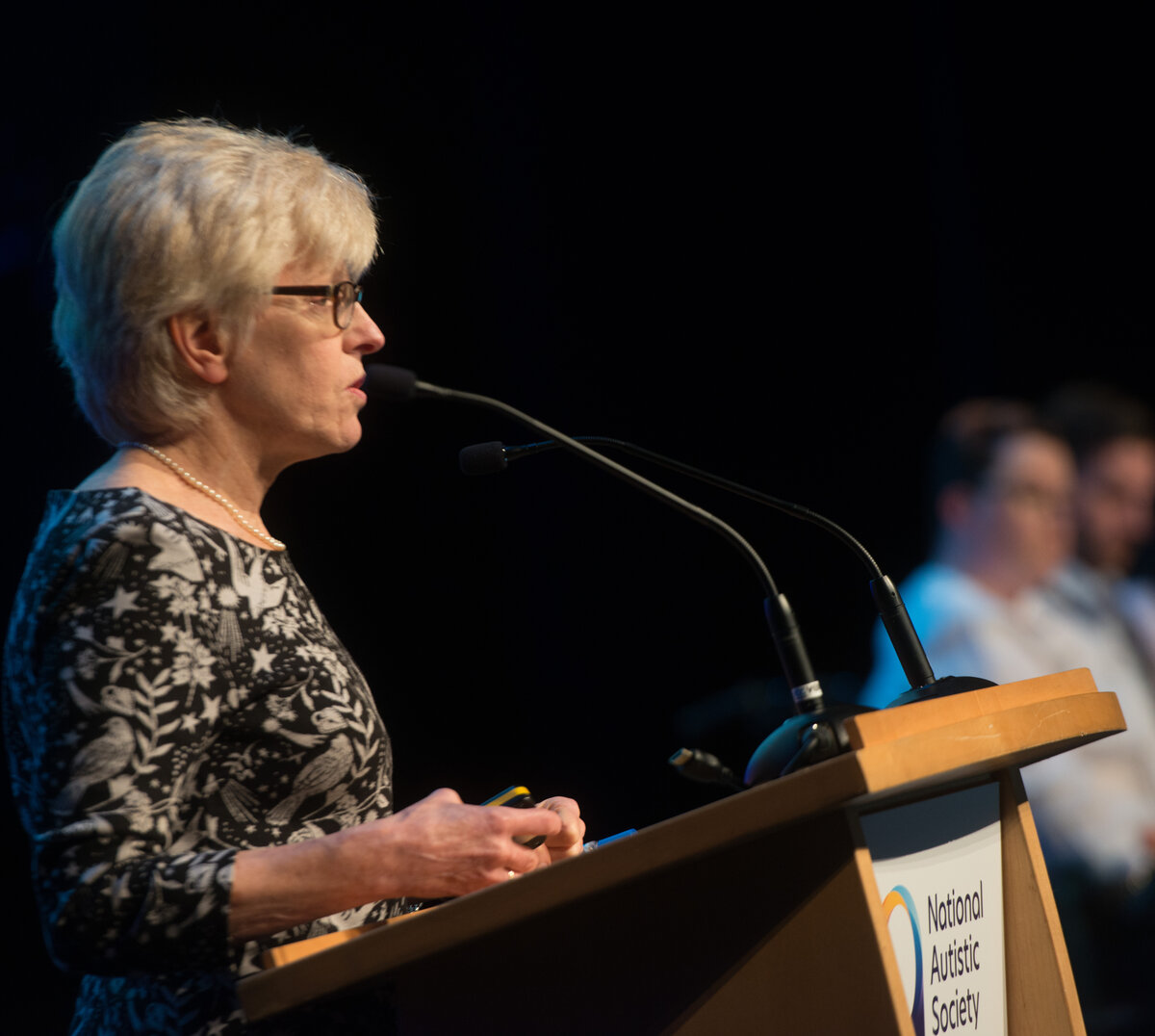Autism-friendly apprenticeships
Published on 03 April 2017
Author: Tim Nicholls
Tim Nicholls, Head of Policy and Public Affairs at the National Autistic Society, sets out key principles that should be considered when setting up apprenticeships for autistic people, based on the recommendations they made to the Government in their Autism Employment Gap report.
Learning and developing skills on the job through an apprenticeship can help autistic people gain the confidence they need to work. And we know from our Autism Employment Gap report, that too many autistic people who want to work are struggling to get into the workplace.
Alongside its welcome commitment to halve the disability employment gap, the UK Government recently pledged to create three million new apprenticeships. A taskforce led by Paul Maynard MP also identified some important ways to make sure that these are more accessible to young people with learning difficulties and disabilities (which includes young autistic people from across the whole autism spectrum, at least half of whom won’t also have a learning disability). This included making adjustments to entry requirements like English and Maths grades and we are working with the Department for Education (DfE) as this proposal is taken forward.
So, we set to thinking about what a good apprenticeship would look like for an autistic person. In the Autism Employment Gap, we called for the Government to run a pilot scheme to help develop a model. There are some key principles that need to be considered:
Making sure information is available
Information about apprenticeships:
- who can apply
- how much time apprentices will need to spend in the classroom, rather than at work
- what support can be offered (financial support – e.g. Access to Work - and support in the workplace).
This information must be available and accessible to autistic people. Language should be written in plain English. The Government should require providers and employers to provide accessible information.
It is also vital that local authorities and Jobcentre Plus advisers are aware of:
- apprenticeships
- the support on offer and its relevance for autistic people
- where to find the necessary information to support autistic applicants.
Interviews and applications
Autistic people can face significant obstacles with interviews and applications because of difficulties with social interaction and communication and may need a range of reasonable adjustments. Alternative forms of assessment should be considered, including work trials and/or supplying interview questions in advance.
Autistic people have told us that they often find large entry exams difficult and so they might not score as well, for example if they needed extra time or if questions are not clear. This would also include the current work towards making English and Maths requirements more flexible.
Support for autistic apprentices
Autistic people may require a range of support from both employers and training providers. An assessment of an individual’s needs should be carried out at the beginning of the apprenticeship by the training provider. We think this assessment needs to be done by someone trained, who understands autism. It should also be periodically reviewed, to make sure that all the necessary support is provided. Support could include:
- mentoring
- peer support
- changes to the sensory environment.
It is key that support is provided by professionals with a good understanding of autism, demonstrated through training. This should be a requirement in contracts with providers. Employers could consider kitemarks such as our Autism Friendly Employer Award.
Employer understanding
When we asked autistic people about the single biggest change needed to help them into work, over 50% said support, understanding or acceptance. Working within an organisation that understands autism and where autistic colleagues feel supported is key to this. Employers taking autistic apprentices should ensure that managers have received training in supporting autistic employees. The role of financial support like Access to Work should be highlighted and funding for training should be provided within an Access to Work award.
Transition to stable employment
To increase employment figures, rather than merely creating apprenticeships, those apprenticeships need to result in jobs. Autistic apprentices may also require further support in making the transition into full-time work, for example, from splitting their time between the classroom and work, to only being in the workplace. Another assessment of the individual’s needs should be carried out at this point. The DfE could also, for example, explore the idea of a ‘jobs guarantee’ (e.g. the Government guaranteeing to match someone with an employer and perhaps supporting with funding) as part of an autism apprenticeship pilot.
Incentives
Incentives for employers to take on more autistic apprentices also need careful consideration. The Government has announced an apprenticeships levy for large employers to help pay for apprenticeships schemes. It should look at making the apprenticeships levy more flexible, by, for example, increasing the ‘top-up’ payment for those who take on disabled apprentices. As the Government seeks to meet its target of creating three million new apprenticeships, it is vital that data is reliably captured to show how many autistic people have progressed through an apprenticeship.











